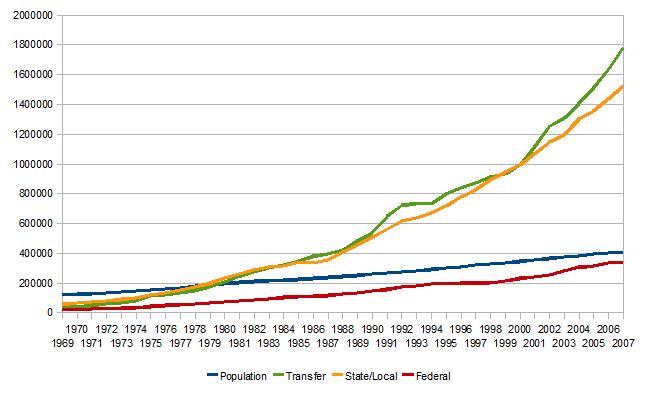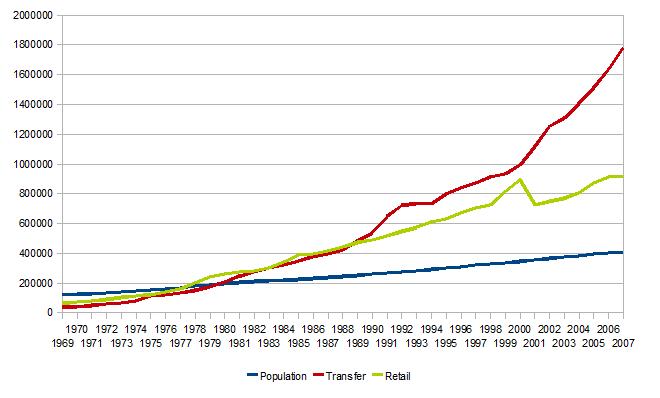The story itself, for those who only saw the movie, concerns a young scientist of limited income. Rejected by the powers that be, he takes a room in the London slums to work on his idea. He is forced to deal with the worst of humanity, from petty thieves to snooping landlords. Once his experiments become reality, he soon finds disadvantages to invisibility that he hadn't considered. There is no way for him to make an honest living. He can have all the money he wants, but there is nothing he can buy. He can eat the finest food, but only in isolation. He can hear any private conversation, but there is no-one with whom he can talk. His attempts to find an ally all end in betrayal. His frustration turns to anger and the townspeople's curiosity turns to fear.
Jump forward now, from 1898 when The Invisible Man was first published, to yesterday, when this appeared on the Vox Day blog:
In 2008, the bankers, bureaucrats, and politicians tore the veil of the unwritten American social contract that permitted our debt-based economy to function. While the deck was always stacked to the benefit of the financial elite, it wasn't always so egregious. But in ramming through TARP and the bailouts over the furious objections of the American people, they shattered the illusion of relative fairness... The parasites came to believe they were invaluable and in doing so forgot the very first rule of parasitism: do not harm the host.
We, the host, have become invisible. We can see the bankers, bureaucrats and politicians, but they can't see us. Outside the halls of money and power, there are only the faint sounds of footsteps and the vague feeling of an unseen presence. We hear them talking and have no means to enter the conversation in any meaningful way. Our coins are worthless. Our isolation from them is as near complete as their betrayal is of us. Yes, we are frustrated and angry, and for that, we receive fear in return.
Unlike Mr. Wells' story, we the invisible are many, and the townspeople are few. For the time being, there is little we can do about the massive fraud of our bankster government. The fix is in. They're going to get away with it, and everybody knows it. We are at the point in the story where the Invisible Man sits alone in the countryside, pondering his next move, thinking through how best to make his retribution felt. And the townspeople are hearing strange stories, unsure of what to believe, but planning their defense nonetheless.
When the politician's solicitations appear in your inbox, when their pictures are above the fold, and when their blathering voices won't leave the TV set, remember, they can't see you. They're unsure you even exist. When the time comes to enter the voting booth and make your presence known, ask yourself; 'Who among these people could hear the sound of my voice without reacting in fear? Who will be an ally of the invisible?'





